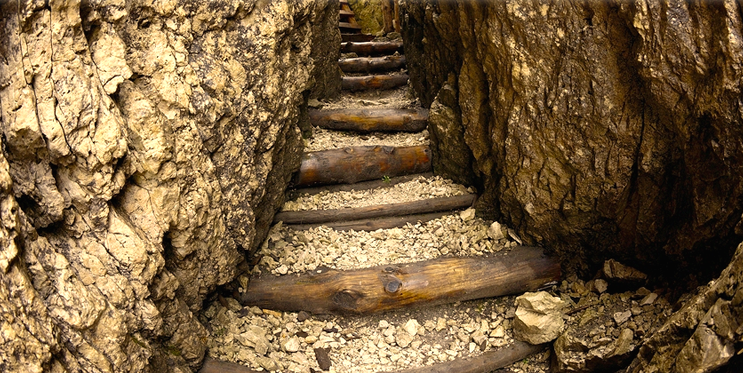Purim last year marked a powerful moment for many of us, marking the ‘before’ and ‘after’. It was the last time our religious school gathered in the building in 2020, an incredibly joyous celebration, followed by a community-wide megillah reading the following day. In just a few days after that, our building was ordered closed by the town, and we entered a new reality of social distancing, online interactions, virtual Torah readings and family gatherings, b’nei mitzvah celebrations, Shabbat services, funerals and shivas over zoom, and many other experiences none of us could have ever imagined before.
The arrival of Purim this year marked a full cycle of a Hebrew year, and by the time we reach Passover, we will begin a second cycle of the ‘never-in-my-life-could-I-have-imagined-doing-this’ experiences.
This has been a tough year — there’s no better way to describe it. Some of us caught the virus; some got quite sick and were hospitalized. Many of us lost friends and family members. The danger is still here, even as we begin to get cautiously optimistic about the future, and more and more people get vaccinated, bringing us closer to the time when we will be able to begin to go back to ‘normal’.
In the years to come there will no doubt be multiple studies of the impact(s) of this pandemic – on our individual psyche, on our society, on our health system and our communal structures etc. etc. All of us have our personal experiences, of course, but it will take time and effort to begin to combine our individual stories into a bigger picture. Right now, most of us can’t wait to get back to normal, but as things begin to open up, we may find that we will need some time to adjust and slowly re-enter the world in which we are able to travel freely, hug friends and strangers, eat in restaurants and attend concerts and indoor services.

As we prepare for the second Passover online, I began thinking of the idea put forward by the Jewish mystical text, the Zohar. In Hebrew, Egypt is called Mitzrayim. The Zohar suggests that the name is derived from m’tzarim, meaning “narrow straits” (mi, “from,” tzar, “narrow” or “tight”). This reading of the word suggests that our Exodus story does not end with physical liberation, but it can also teach us to look at our internal struggles, at our personal ‘narrow places’. The physical liberation from slavery that our ancient ancestors experienced did not automatically turn them into free people. It took years in the desert, careful and painstaking nation building, to transform former slaves into a free nation.
The success (please God) of the vaccines and the removal of societal restrictions cannot come soon enough. But as we celebrate science and wait, impatiently, for this freedom to arrive, let us also acknowledge the toll this pandemic has taken on all of us. Let us remember to look out for each other, to acknowledge that the arrival of physical freedom, an important first step, needs to be accompanied by our emotional and spiritual recovery – which will take time.
Let us use this Passover as an opportunity to reflect on the freedoms we enjoy, both physical and emotional. May we draw inspiration not just from our ancient ancestors, who were liberated from slavery, but also from generations of Jews since, who found strength and courage to celebrate this freedom, even if the circumstances around them were anything but joyous. This year, we are still here. Next year, may we finally be free of this current affliction!
Chag Sameach!